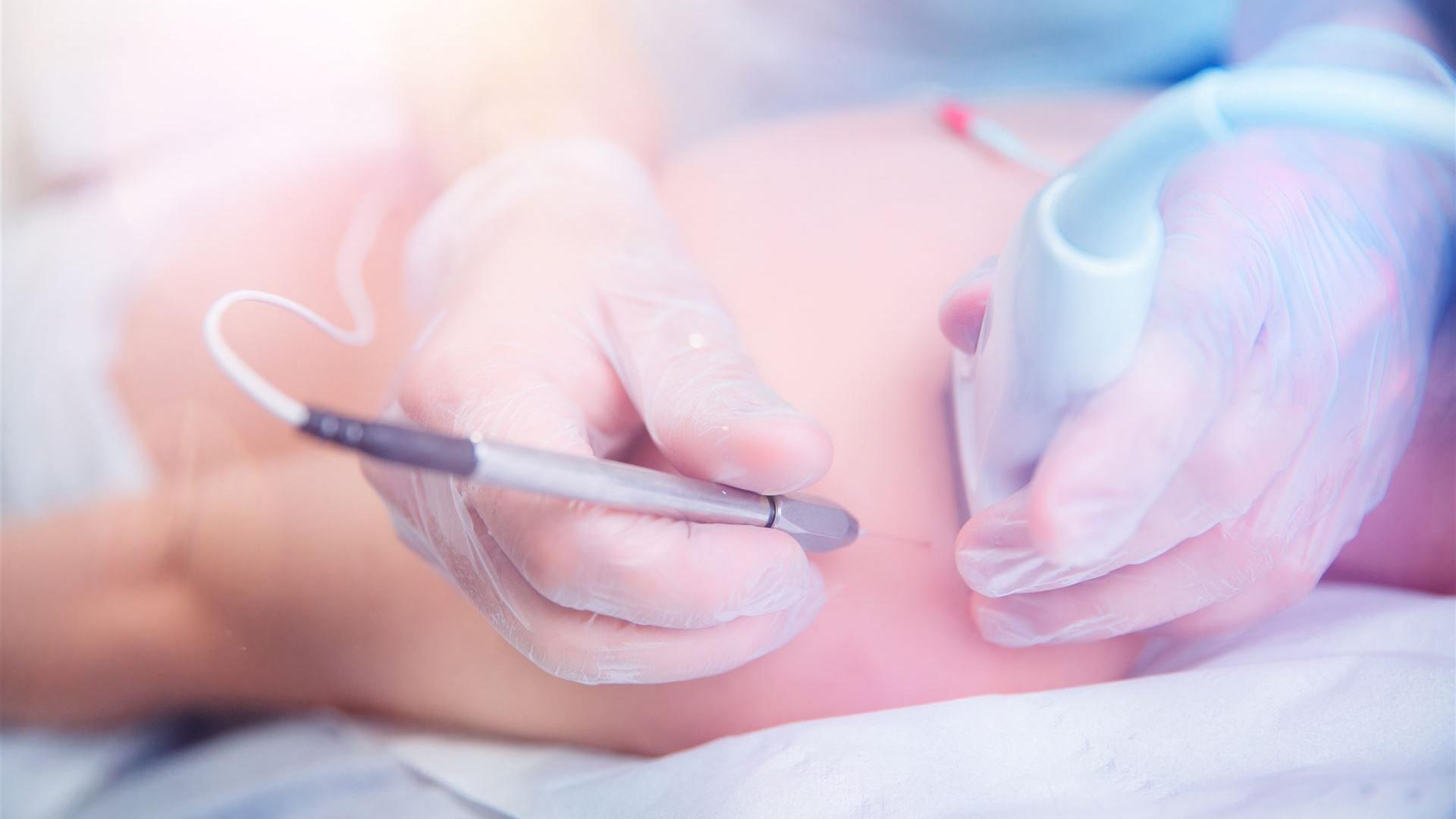Was ist Point-of-Care-Ultraschall (POCUS)?
Der Begriff „Point-of-Care-Ultraschall“ bezeichnet den Einsatz von Ultraschall durch medizinisches Fachpersonal zur Erkennung von Problemen unabhängig vom Ort, an dem der Patient behandelt wird, sei es in einem modernen Krankenhaus, in einem Rettungswagen, in einer Praxis, in einem abgelegenen Dorf oder in der Sporthalle bzw. dem Fußballfeld.
Somit ist POCUS ein weiter gefasster Begriff, der viele Szenarien umfasst, in denen tragbare Ultraschallgeräte eingesetzt werden können. Der Begriff „Point-of-Care Ultraschall“ weist also darauf hin, dass ein transportables Ultraschallgerät überall dorthin gebracht werden kann, wo sich der Patient befindet und für die Abklärung einer speziellen klinischen Fragestellung eingesetzt wird.
In vielen klinischen Situationen ist zur Beurteilung der aktuellen Situation des Patienten keine vollständige sonographischen Regional- oder Organuntersuchungen notwendig, vielmehr eine fokussierte Sonographie, die eine einfache Frage beantworten kann. Zum Beispiel ob eine Sehne oder ein Muskel in ihrer Struktur verletzt ist, ob ein Gelenkerguss vorliegt und ob dieser sich unter der Therapie zurückentwickelt.
Der fokussierte Ultraschall geht also immer von einer klaren Fragestellung aus, die er versucht mit «ja» oder «nein» zu beantworten. Er beschränkt sich somit auf vordefinierte Regionen und Fragestellungen.
In der Ausbildung in MSK-Sonographie lernen Sie diese Fragen zu stellen und sich selbst durch eine Ultraschalluntersuchung die Antwort darauf zu geben.

- A valuable new tool for Physical Therapy: Greg Fritz, PT, RMSK
- Unlocking the new paradigm for healthcare: David Dawson, MD, RVT, RPVI
- Cracking POCUS education: Robert Kollpainter, PA-C, RDMS, CAQ
- POCUS - a learnable skill: Victor Rao, MBBS, DMRD, RDMS
- The promis of POCUS: James DellaValle, MD, RDMS, RVT
- Looking on POCUS from a big picture perspective: Paul Bournemann, MD

 kostenloser Sonoday am 02.02.2019
kostenloser Sonoday am 02.02.2019